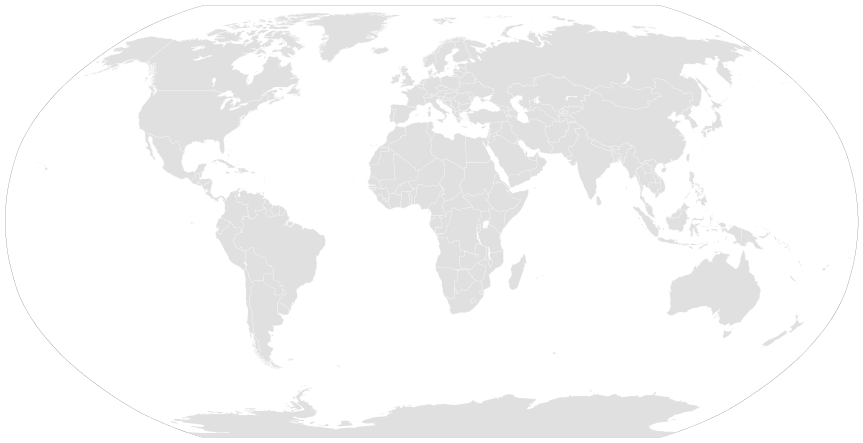Call for Applications: 2018-2019 Center Research Fellowship


 cfa_center_research_fellow_2018-2019.pdf
cfa_center_research_fellow_2018-2019.pdf
Call for Applications:
2018-2019 Center Research Fellowship
Deadline: October 25, 2017
The USC Shoah Foundation Center for Advanced Genocide Research invites applications from senior scholars for its 2018-2019 Center Research Fellowship.
The fellowship provides $30,000 support and will be awarded to an outstanding senior scholar from any discipline who will advance genocide research through the use of the USC Shoah Foundation Visual History Archive and other USC resources. The recipient will be required to spend one semester in residence at the USC Shoah Foundation Center for Advanced Genocide Research during the 2018-2019 academic year.
Award decisions for this fellowship will be based on the originality of the research proposal, its potential to advance research within the field of Holocaust and genocide studies, the distinguished achievements of the candidate, and the centrality of USC resources to the project. The chosen fellow will be expected to provide the Center with fresh research perspectives, to play a role in Center activities, and to give a public talk during his or her stay.
Founded in 2014, the Center for Advanced Genocide Research is the academic arm of the USC Shoah Foundation. The USC Shoah Foundation Center for Advanced Genocide Research is dedicated to advancing new areas of interdisciplinary research on the Holocaust and other genocides, focusing on the origins of genocide and how to intervene in the cycle that leads to mass violence. The Center organizes annual international workshops and conferences, hosts a speaker series on genocide and mass violence, and offers a competitive international research fellowship program. For further information, please consult: http://cagr.usc.edu.
USC is the home of internationally unique and growing research resources. The USC Shoah Foundation Visual History Archive now holds over 55,000 video testimonies of survivors and other eyewitnesses of the Holocaust, the Rwandan, Guatemalan, Armenian, and Cambodian genocides, and the Nanjing Massacre in China. The interviews have been conducted in 41 languages and in 62 countries. They encompass the experiences not only of survivors in these contexts, but also of witnesses, liberators, aid providers, and war crimes trials participants. These interviews are life histories, and as such their subject matter includes the history and culture of the countries of the interviewees’ birth and their lives before, during and after genocide.
Additional internationally unique and growing research resources include a Holocaust and Genocide Studies collection at Doheny Memorial Library with over 20,000 primary and secondary sources and a Special Collection containing private papers of German and Austrian Jewish emigrants, including the writer Lion Feuchtwanger, from the Third Reich.
To submit an application, please send a cover letter, CV, and research proposal (max. 3 pages) discussing the topic, methodological approach, and relevant USC resources by October 25th, 2017 to cagr@usc.edu.
Like this article? Get our e-newsletter.
Be the first to learn about new articles and personal stories like the one you've just read.